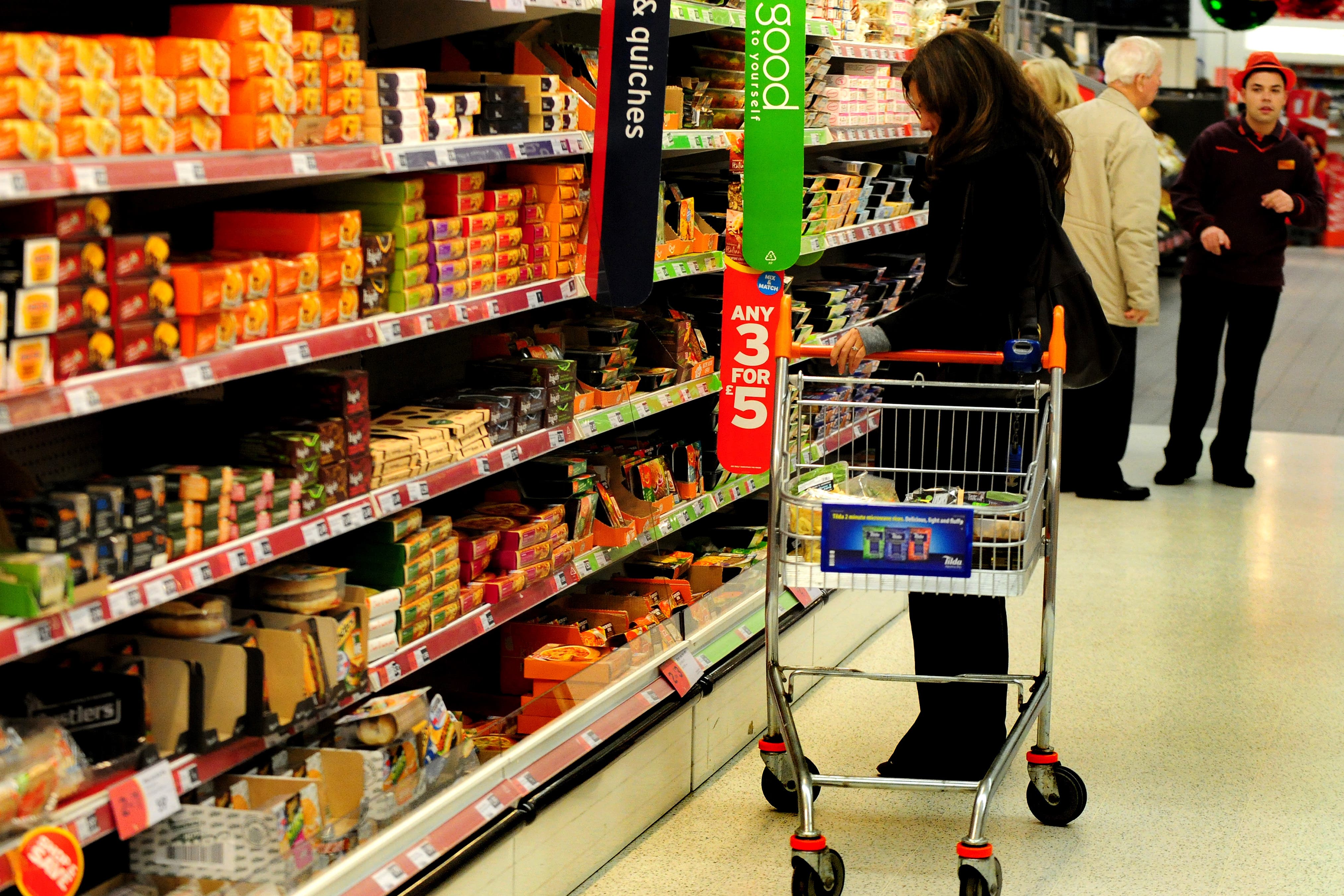Typical shopping basket contains third less salt than in 2015 – Kantar
Food and Drink Federation members contribute 25% less sugar and 24% fewer calories to the British grocery market, according to Kantar Worldpanel.

Your support helps us to tell the story
From reproductive rights to climate change to Big Tech, The Independent is on the ground when the story is developing. Whether it's investigating the financials of Elon Musk's pro-Trump PAC or producing our latest documentary, 'The A Word', which shines a light on the American women fighting for reproductive rights, we know how important it is to parse out the facts from the messaging.
At such a critical moment in US history, we need reporters on the ground. Your donation allows us to keep sending journalists to speak to both sides of the story.
The Independent is trusted by Americans across the entire political spectrum. And unlike many other quality news outlets, we choose not to lock Americans out of our reporting and analysis with paywalls. We believe quality journalism should be available to everyone, paid for by those who can afford it.
Your support makes all the difference.Food and drink manufacturers have reduced salt by a third, and sugar and calories by a quarter in a typical shopping basket since 2015, according to a study.
Member firms of the Food and Drink Federation (FDF) now contribute 33% less salt, 25% less sugar and 24% fewer calories to the British grocery market compared with 2015, according to the data from Kantar Worldpanel.
The FDF is calling on the government to give more support to reformulation efforts, particularly for smaller food companies, which it says is currently only a “fraction of what’s available to industries like aerospace or automotive manufacturing”.
It said in 2023 alone more than £160 million was invested in researching and developing healthier products, including changing recipes, creating new, healthier products and changing portion sizes.
We’re proud to see the continued and significant advances made by our industry to offer healthier options reflected in the UK’s shopping baskets
Reformulation comes as the UK gradually introduces various pieces of new legislation to target foods high in fat, salt and sugar (HFSS) as part of a broader effort to combat obesity and improve public health.
These have included the ‘sugar tax’ – officially called the Soft Drinks Industry Levy – which added a charge of 24p on drinks containing 8g of sugar per 100ml and 18p a litre on those with 5-8g of sugar per 100ml, from April 2018 as part of the strategy to tackle childhood obesity.
On Thursday, Labour confirmed it will introduce legislation to ban companies advertising products deemed high in fat, salt and sugar (HFSS) on TV before 9pm.
It will also include a total ban on paid-for online adverts for these products, in an effort to tackle childhood obesity.
The ban, which had first been put forward by Boris Johnson’s Conservative government in 2021, will come into force in October 2025.
FDF chief scientific officer Kate Halliwell said: “Creating delicious and nutritious food and drink is no easy task – it takes time, investment and technical expertise. We’re proud to see the continued and significant advances made by our industry to offer healthier options reflected in the UK’s shopping baskets.
“The industry, and in particular smaller companies, could do even more with better government support, which is currently only a fraction of what’s available to, for example, investments in the aerospace or automotive manufacturing sectors.
“To take critical investment in healthier product innovation to the next level, we’re calling on government to support the UK’s largest manufacturing industry in boosting further investment in reformulation.”
We know that reformulation can help reduce population intakes of nutrients of concern such as free sugars and salt, which could benefit public health outcomes
Alan Black, director of food systems transformation at the British Nutrition Foundation, said: “With diet-related disease linked to significant levels of ill health in the UK we have a responsibility to work together across the food environment to make it better.
“We know that reformulation can help reduce population intakes of nutrients of concern such as free sugars and salt, which could benefit public health outcomes.
“Increasing positive components in products such as fibre and fruit and vegetables and targeting portion size are also promising strategies for improving public health.”